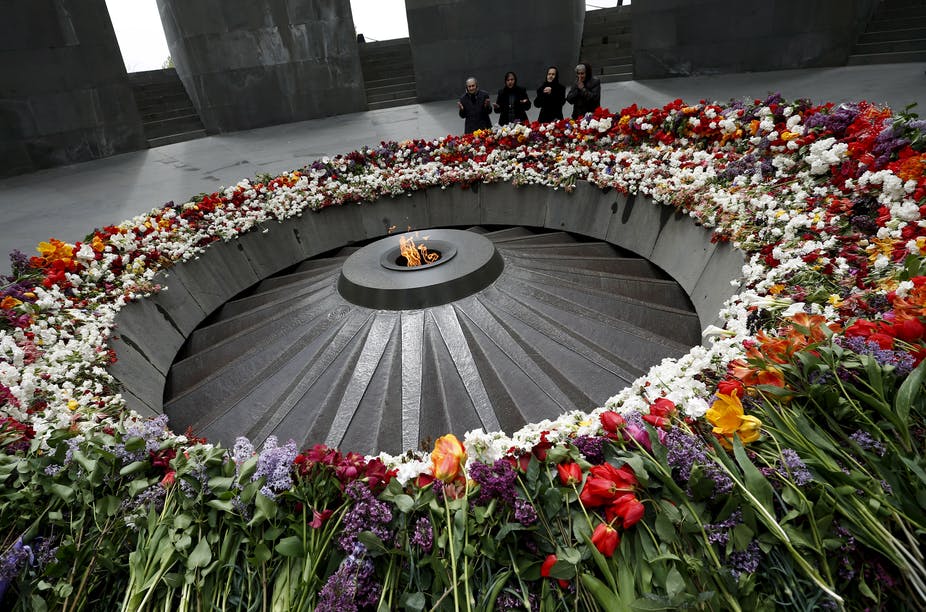
Armenian Genocide Remembrance Day



by Claudia Sandberg
Claudia Sandberg is the author of Peter Lilienthal : A Cinema of Exile and Resistance.
Sitting at a wooden bench, the young woman Marcela follows the teacher attentively. She has decided to take part in the literacy campaign that was launched by the Unidad Popular government. In a group with other woman, they have gathered in the meeting place and school of the shanty town community La Victoria, situated at the fringes of the Chilean capital, to get trained for this task. The teacher in front holds up a poster that shows a family of three generations. Below appears the Spanish word HOGAR (home). Marcela protests that this image surely does not represent the reality of many people. The other women chime in by referring to their own situation; they are married, divorced, or widowed, they live alone, with their children or with their parents. The word home means something different to each one of them.
Continue reading “Of Soldiers and Dreamers: Peter Lilienthal in Latin America”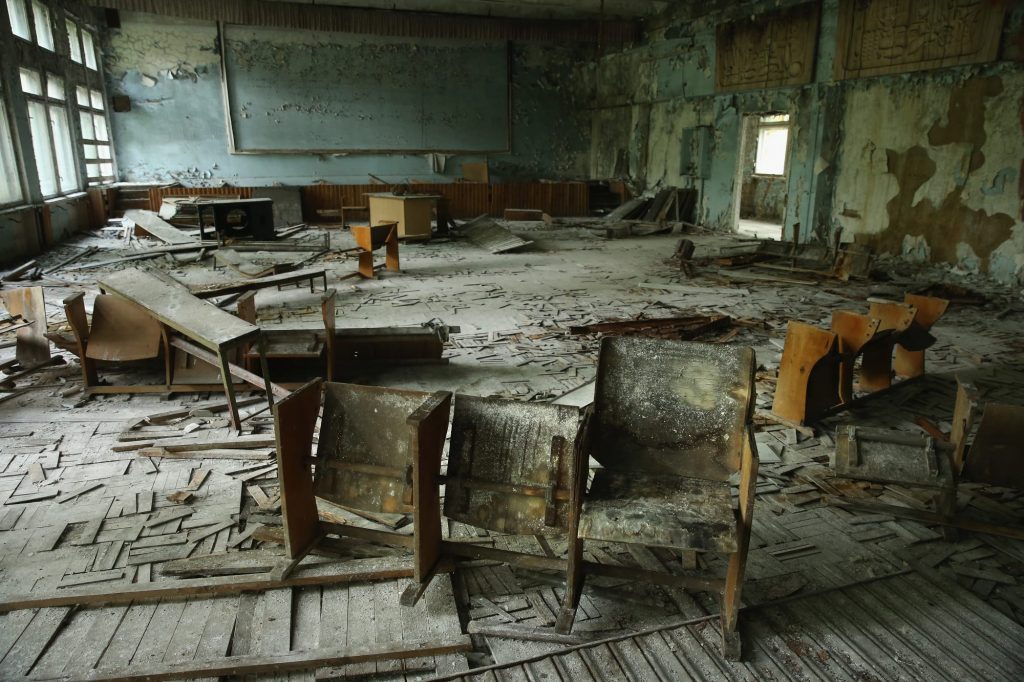
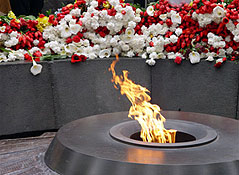 April 24 marks the 103rd anniversary of the Armenian Genocide. Armenian Genocide Remembrance Day is held annually to recognize and mourn more than 1.5 million victims of the Armenian Genocide, the most tragic element of Armenian history.
April 24 marks the 103rd anniversary of the Armenian Genocide. Armenian Genocide Remembrance Day is held annually to recognize and mourn more than 1.5 million victims of the Armenian Genocide, the most tragic element of Armenian history.by Martin Kalb
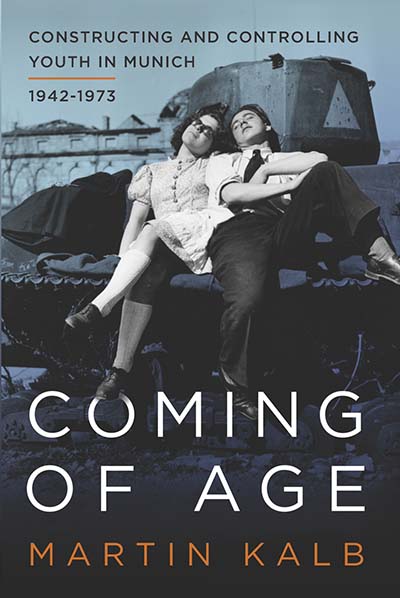 I did not anticipate that I would focus on images or constructs of youth in Munich. My research was originally tied to denazification in Nuremberg, later Bavaria more broadly. That interest took shape as I was working in the Stadtarchiv City Archive in Nuremberg for several months, and while I was helping organize a database tied to individuals with connections to National Socialism. I dug deeper, looked into the main study on denazification in Bavaria at the time, and wondered how Nuremberg might fit into all that. Later on, once I began my Ph.D. program in the United States, I continued to look into the scholarship, maybe with a fresh mind given a broader change in scenery. In this context I was reading through Die Süddeutsche Zeitung newspaper on microfilm in the library one evening. At the time, it was among the few daily newspapers I could access for Bavaria. One headline struck me: “Bavarian Problems: Youth-Food-Export.” I wondered, how could the state of the young be as important as economic recovery? What was the obsession tied to youth about?
I did not anticipate that I would focus on images or constructs of youth in Munich. My research was originally tied to denazification in Nuremberg, later Bavaria more broadly. That interest took shape as I was working in the Stadtarchiv City Archive in Nuremberg for several months, and while I was helping organize a database tied to individuals with connections to National Socialism. I dug deeper, looked into the main study on denazification in Bavaria at the time, and wondered how Nuremberg might fit into all that. Later on, once I began my Ph.D. program in the United States, I continued to look into the scholarship, maybe with a fresh mind given a broader change in scenery. In this context I was reading through Die Süddeutsche Zeitung newspaper on microfilm in the library one evening. At the time, it was among the few daily newspapers I could access for Bavaria. One headline struck me: “Bavarian Problems: Youth-Food-Export.” I wondered, how could the state of the young be as important as economic recovery? What was the obsession tied to youth about?
Continue reading “The Rowdy Boy & the Deviant Girl: Constructing Youth in Munich, 1942-1973”
We’re delighted to offer a selection of latest releases from our core subjects of Anthropology, Cultural Studies, Gender Studies and History, along with our New in Paperback titles.
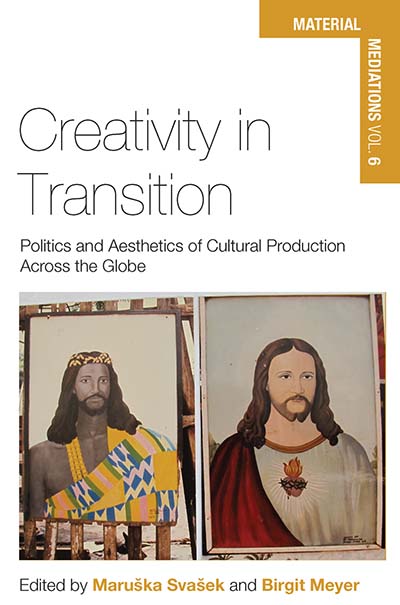 CREATIVITY IN TRANSITION
CREATIVITY IN TRANSITION
Politics and Aesthetics of Cultural Production Across the Globe
Edited by Maruška Svašek and Birgit Meyer
Volume 6, Material Mediations: People and Things in a World of Movement
Continue reading “Simulated Shelves: Browse July 2016 New Books”
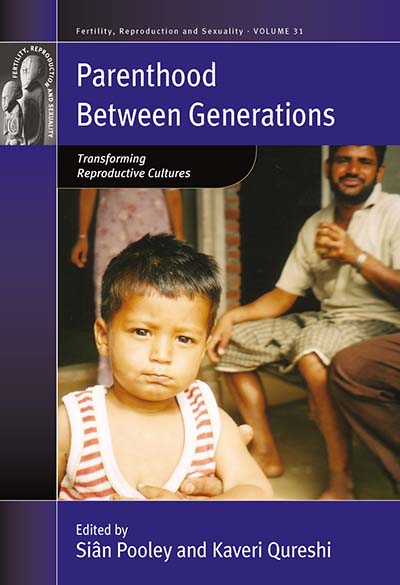
(This post was originally published in 2016)
On the 2nd March this year, ahead of Mother’s Day, there was a thoughtful discussion on Radio 4’s Woman’s Hour addressing the question: ‘is it inevitable you’ll turn into your mother?’. For counsellor Myira Khan, who was interviewed on the programme, this is a topic that comes up frequently in her therapy sessions. Indeed, for women who have struggled with their relationships with their mothers, it can be a source of great conflict. Khan claims that ‘you’re turning into your father’ is not a jibe for men in the same way that ‘you’re turning into your mother’ so often is for women, and that men do not worry about this to the same extent. She suggests that because our mothers are our role models for womanhood, this gives mother-daughter relationships a particular charge. A lot of her counselling work with women is about trying to ‘break the cycle’, which she approaches therapeutically by exploring mother-daughter relationships, trying to understand what those relationships mean, and encouraging women to accept the reality of who their mother really was, rather than the awe-inspiring model of her that they have in their minds.
This programme made us pause for thought, as it was broadcast just ahead of the publication of our book Parenthood Between Generations: Transforming Reproductive Cultures. In this edited volume we bring together ten contributions by historians, anthropologists and sociologists addressing precisely the extent to which people replicate the models of parenthood that they encounter from their own parents. Continue reading “‘Is it inevitable you’ll turn into your mother?’”
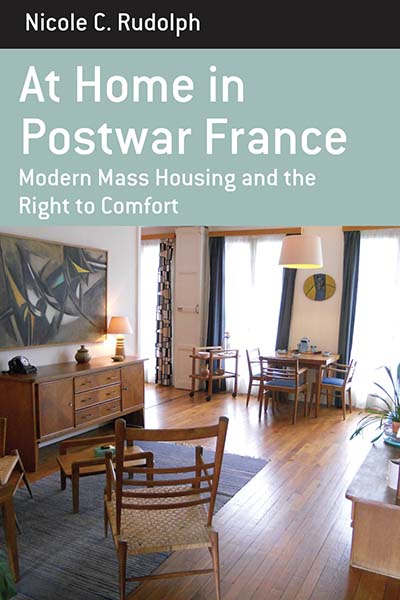 After World War II, France embarked on a project of modernization, which included the development of the modern mass home. At Home in Postwar France identifies the “right to comfort” as an invention of the postwar period and suggests that the modern mass home played a vital role in shaping new expectations for well-being and happiness. Below, author Nicole C. Rudolph discusses her inspiration for writing this book.
After World War II, France embarked on a project of modernization, which included the development of the modern mass home. At Home in Postwar France identifies the “right to comfort” as an invention of the postwar period and suggests that the modern mass home played a vital role in shaping new expectations for well-being and happiness. Below, author Nicole C. Rudolph discusses her inspiration for writing this book.
Continue reading “Becoming Modern: The Mass Home and the Right to Comfort”
The Viennese Café and Fin-de-Siècle Culture was published in January 2013 by Berghahn Books. In the statement below, the editors explain the rationale for the collection.
Continue reading “Viennese Modernism from an Interdisciplinary Perspective”